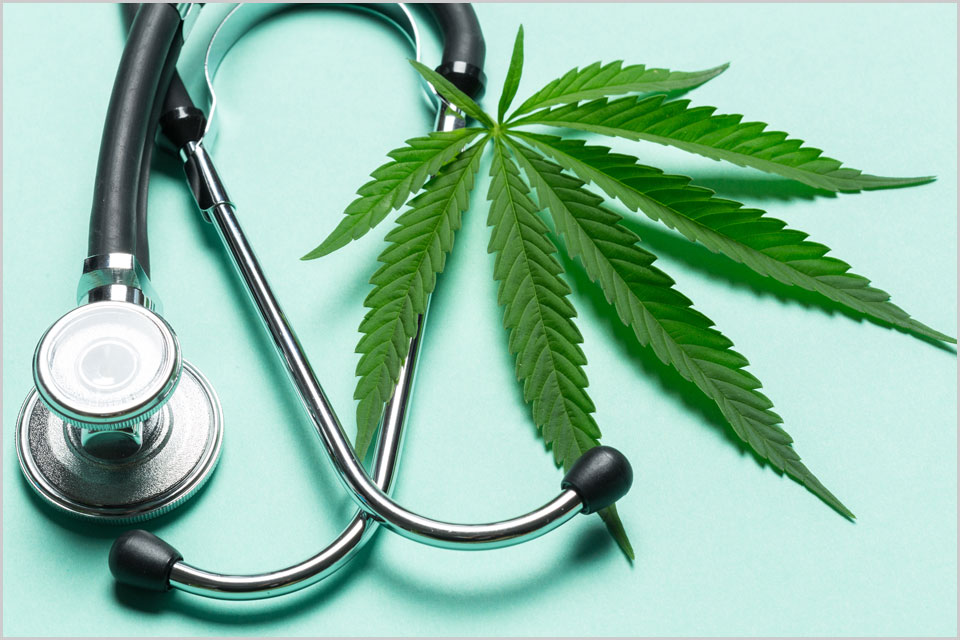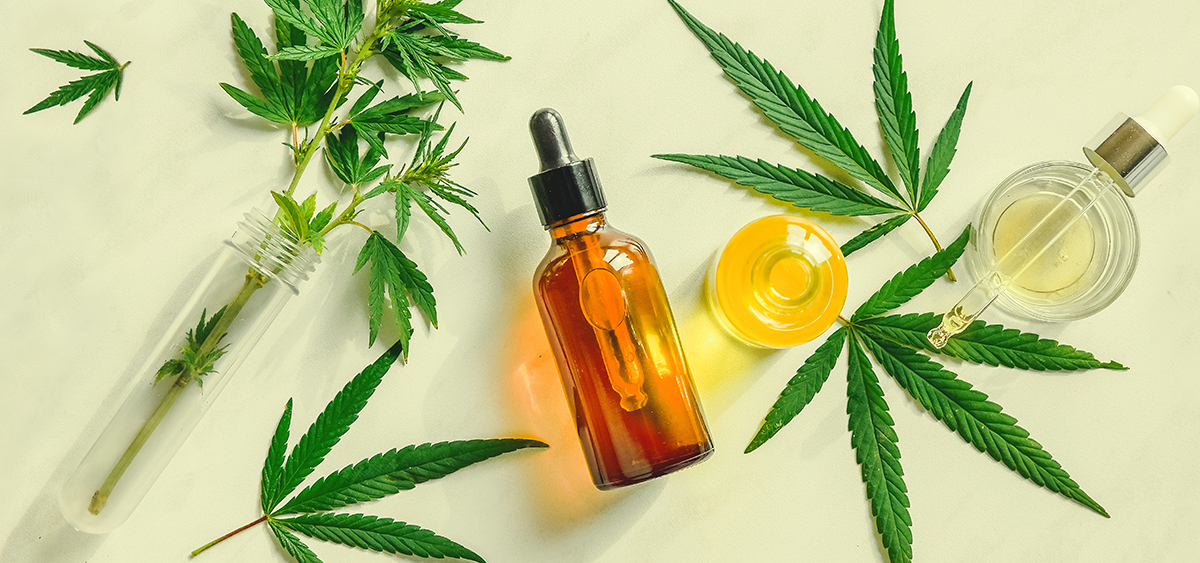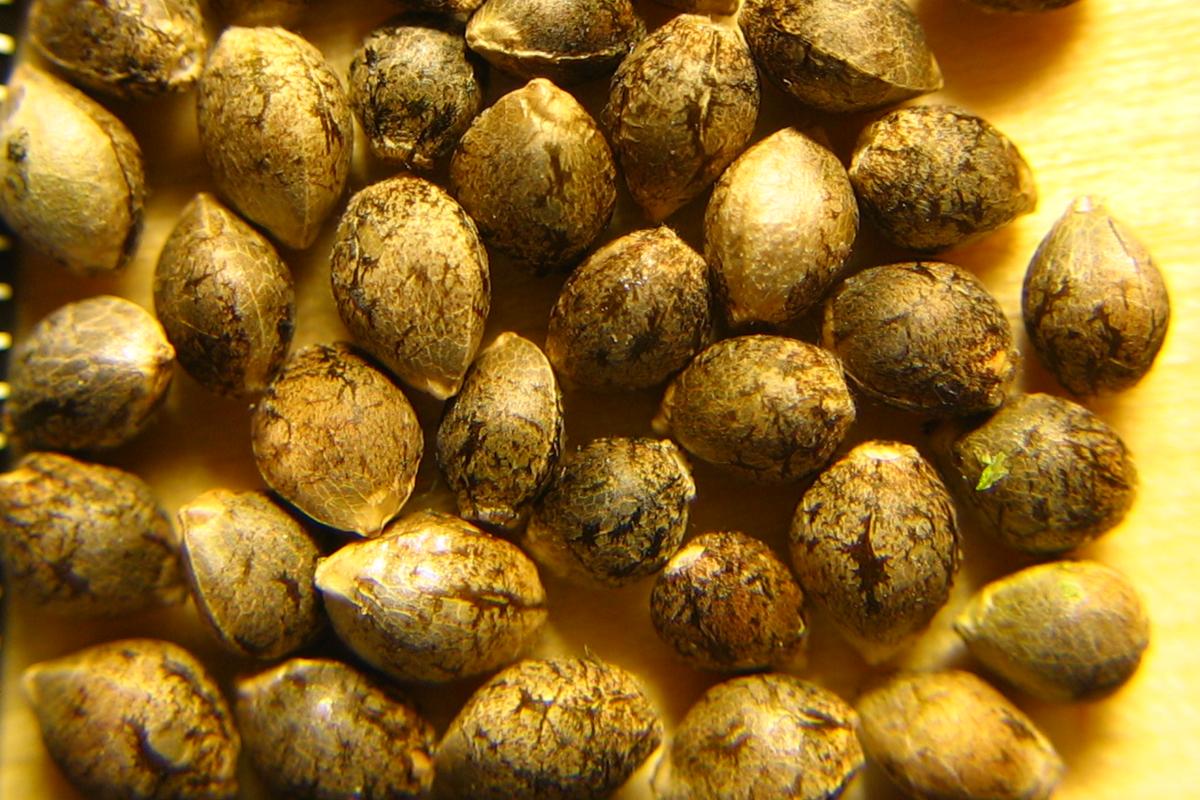Florida legalized medical marijuana in 2016, but the program has been slow to get off the ground. At first, only three companies were licensed to grow and sell cannabis, and they weren’t able to meet the high demand for their products. Now that more dispensaries have opened up around the state (and more growers are growing), it’s easier than ever for Floridians who need medical marijuana to get their hands on it. Here’s what you need to know about getting your ID card and using your prescription at a dispensary:
Getting a Medical Marijuana Card in Florida
In Florida, medical marijuana is legal for a handful of specific conditions. These are Alzheimer’s disease, cancer, Crohn’s disease, epilepsy and seizure disorders, glaucoma, HIV/AIDS, multiple sclerosis (MS), Parkinson’s disease, and post-traumatic stress disorder (PTSD).
You must also be a qualified patient in order to obtain an MMJ card in Florida. Qualifying patients include those who suffer from one of the aforementioned qualifying illnesses or diseases. For example: if you have been diagnosed with Alzheimer’s disease or MS, then you can get an MMJ card as long as your doctor says it will help manage symptoms or side effects associated with these illnesses and diseases.
Who Qualifies for a Medical Marijuana Card in Florida?
If you are a Florida resident, you may be able to qualify for a medical marijuana card.
To qualify, you must have one of the following conditions:
- Epilepsy
- Glaucoma
- HIV/AIDS (HIV) infection or AIDS dementia complex (HADC)
- Amyotrophic lateral sclerosis (ALS)
- Crohn’s disease
- Parkinson’s disease
You must also be diagnosed with one of these illnesses by a doctor who is registered with the state and has completed an eight-hour course in medical marijuana treatment. The course can be taken online at http://www.floridacannabiseducationservices.com/training/.
What Are The Steps to Get a Medical Marijuana Card in Florida?
The process is fairly simple, but it does require several steps.
- First, you’ll need to find a doctor who can prescribe medical marijuana in Florida. Your doctor will have to be licensed by the state as well as certified by the Florida Board of Medicine or the Florida Board of Osteopathic Medicine. You can find these doctors on [Florida’s website](https://www.floridahealth.gov/programs-and-services/office-of-medical-marijuana/doctor).
- Second, you will need to show proof of residency and identity at your appointment so that your records can be kept confidential and accessible only by you and your physician.
- Next, make sure your doctor knows about all of your health conditions so he or she can accurately determine if medical marijuana could help relieve symptoms related to those conditions (or treat them entirely). The physician must then provide a signed physician’s recommendation that includes: -the patient’s name; -the patient’s date of birth; -the patient’s address; -the name and address where he or she may receive delivery from an authorized dispensing organization; and -additional information required by law concerning his or her physical condition which is relevant to his or her eligibility for treatment with low THC cannabis oil or medical use of low THC cannabis oil.
How to Get Medical Marijuana with Your ID Card
If you’re looking to get your medical marijuana card in Florida, it’s important that you know a few things first. First, you’ll need to download the app and fill out the application on your phone or tablet. Once that’s done, simply send it off via email and wait for a response from the state. If everything goes well (which we think it will), then your new medical marijuana card should arrive shortly after! Once you have your card, look for a qualified dispensary for Florida marijuana deals that may interest you.
Conclusion
Medical marijuana is already a big part of Florida’s culture. And as more people realize its potential health benefits for themselves and their loved ones, we can expect to see even more Floridians turning to cannabis for relief from their ailments. If you or someone you care about suffers from an illness that could be treated with medical marijuana, talk to your doctor about getting this treatment option!
Medical Disclaimer:
The information provided in these blog posts is intended for general informational and educational purposes only. It is not a substitute for professional medical advice, diagnosis, or treatment. Always seek the advice of your physician or other qualified healthcare provider with any questions you may have regarding a medical condition. The use of any information provided in these blog posts is solely at your own risk. The authors and the website do not recommend or endorse any specific products, treatments, or procedures mentioned. Reliance on any information in these blog posts is solely at your own discretion.






